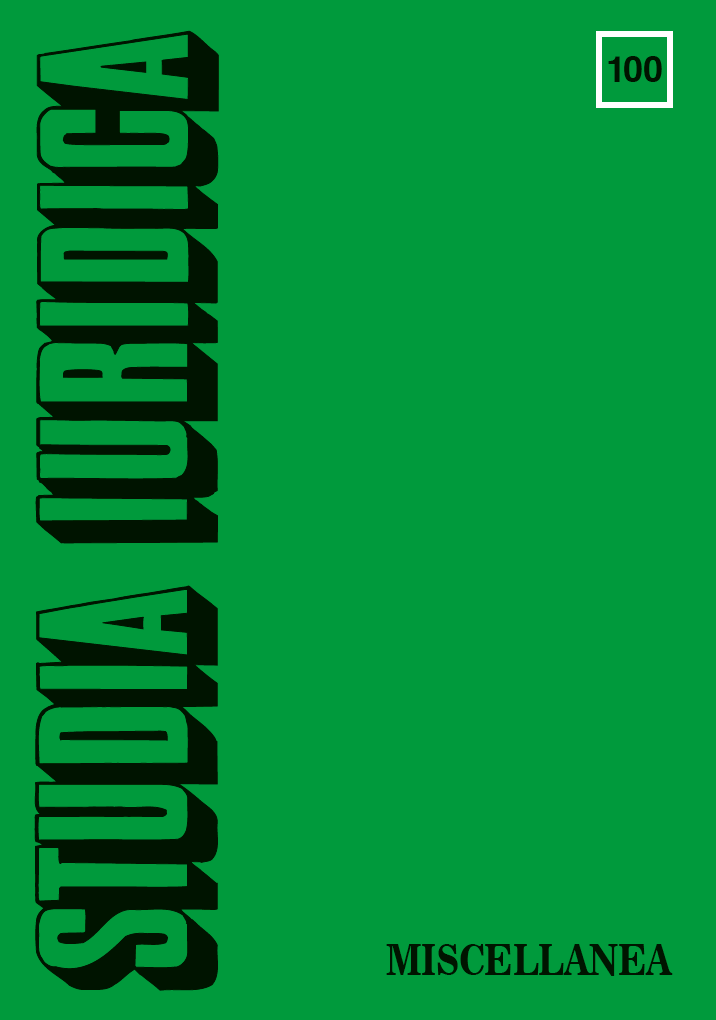THE IMPACT OF SELECTED NEUROPSYCHOLOGICAL BRAIN DYSFUNCTIONS ON THE CRIMINAL RESPONSIBILITY OF THE PERPETRATOR
THE IMPACT OF SELECTED NEUROPSYCHOLOGICAL BRAIN DYSFUNCTIONS ON THE CRIMINAL RESPONSIBILITY OF THE PERPETRATOR
Author(s): Magdalena Budyn-KulikSubject(s): Criminal Law, Neuropsychology
Published by: Wydawnictwa Uniwersytetu Warszawskiego
Keywords: incapacity; other disturbance of mental activity; neuropsychology
Summary/Abstract: Knowledge of clinical neuropsychology is of great importance in determining the possibility of holding the perpetrator criminally responsible and determining the scope of that responsibility. In the case of head injuries, the age of the brain, neurobiological and functional plasticity, brain resources, types and depth of dysfunction, as well as the assessment of the effects of current and planned therapy are important when assessing effects of determining responsibility. Findings in the field of clinical neuropsychology may be helpful especially in determining the subjective side (intention) of the perpetrator of the prohibited act, but above all – sanity (capacity). One of the grounds for declaring lack of criminal responsibility is “another disturbance of mental functions” (Article 31(1) Polish Criminal Code (CrC), which may include many neuropsychological conditions, such as frontal lobe syndromes, temporal lobe syndromes, frontotemporal disorders, temporal lobe epilepsy, limbic thalamus disorder, or cerebellar cognitive-affective syndrome. They cause cognitive or emotional deficits that may result in abolishing or limiting to a large extent the ability to recognize the meaning of an act or to control one’s own behavior. Certain neuropsychological findings may be important in determining that an act was committed under the influence of error, for example, in the case of agnosia –that is, the inability to recognize or interpret stimuli regardless of the channel. This text will mainly present selected neuropsychological deficits and their impact on the criminal responsibility of the perpetrator in the context of Article 31 Polish Criminal Code.
Journal: Studia Iuridica
- Issue Year: 2023
- Issue No: 100
- Page Range: 59-73
- Page Count: 15
- Language: English

